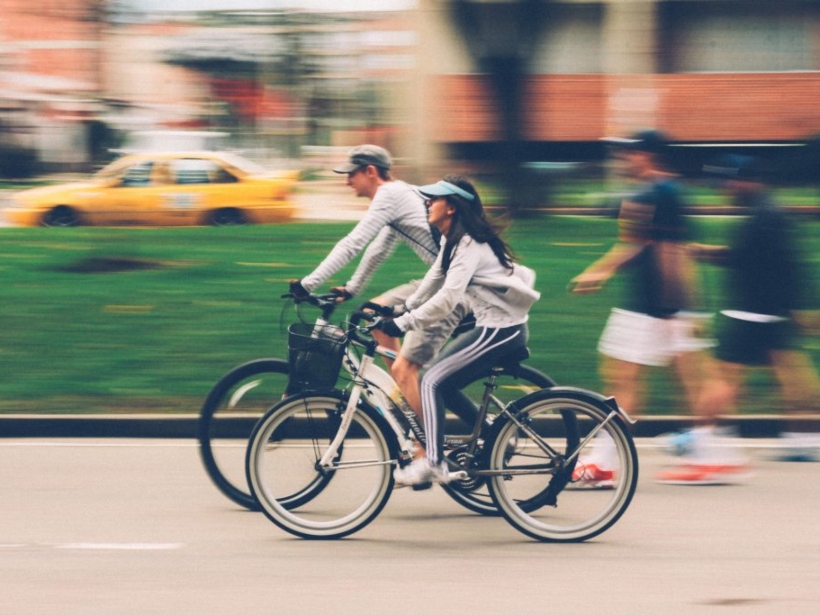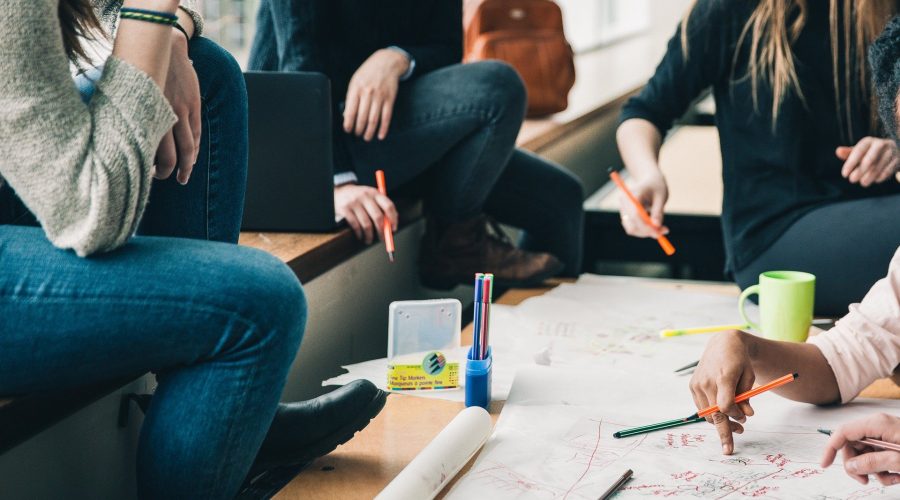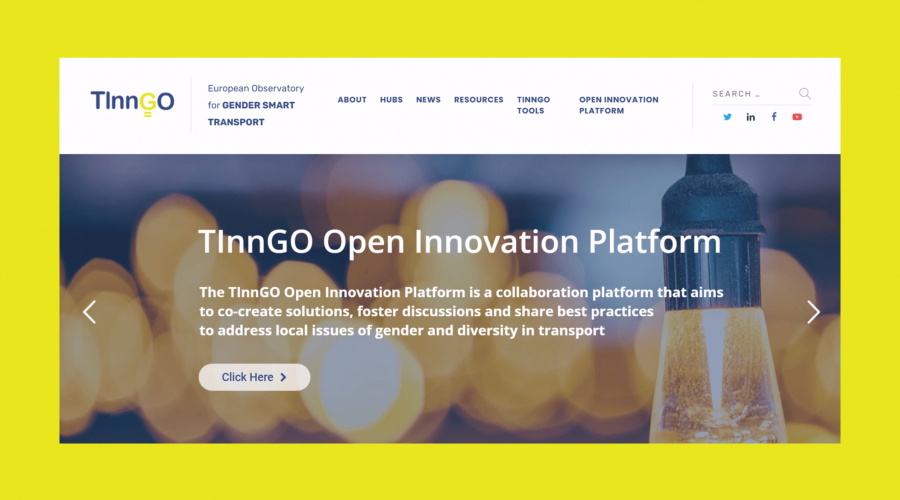The Barcelona Institute for Global Health (Instituto de Salud Global, ISGlobal) has published at CONAMA—a Spanish, independent and non-profit foundation—a set of actions to reactivate mobility after the COVID-19 crisis. The analysis is split up into four main sections: 1. Overview, 2. Main health impacts, 3. Mobility requirements and 4. Immediate measures.
Carolyn Daher, Manel Ferri, Guillem Vich, Maria Foraster, Sarah Koch, Glòria Carrasco, Sasha Khomenko, Sergio Baraibar, Laura Hidalgo and Mark Nieuwenhuijsen, on behalf of ISGlobal’s Urban Planning, Environment and Health Initiative, contributed to this initiative.
The experts indicated that the selection of the mode of transport should be based on the risk of transmission, the health and environmental impacts, and the access and use of space. Their recommendations include the following:
1. Walking, cycling, or personal mobility vehicles (journeys up to 5 km).
2. Cycling for routes up to 10 km and electric bikes in longer routes.
3. Low-occupancy public transport for longer journeys.
4. Cars and motorcycles for vulnerable populations and for those who cannot use other means of transport.
The Barcelona Institute for Global Health is the fruit of an alliance between the financial entity “la Caixa”, academic institutions and government bodies to contribute to the efforts undertaken by the international community to address the challenges in global health.
More information can be found on this website.





